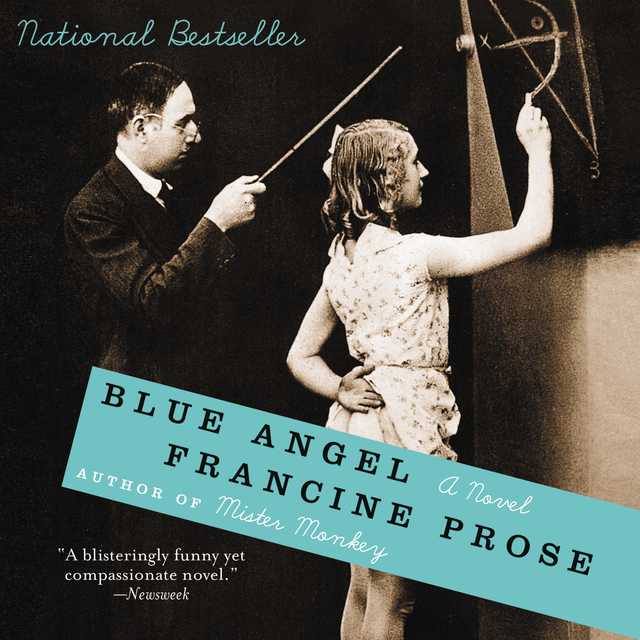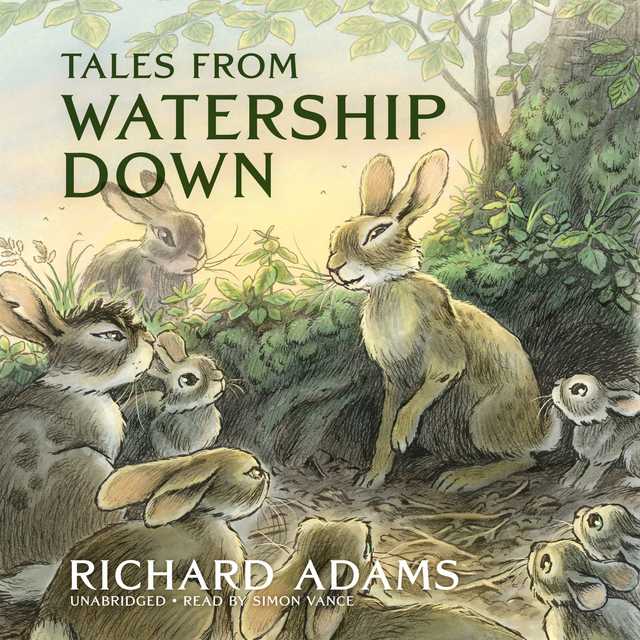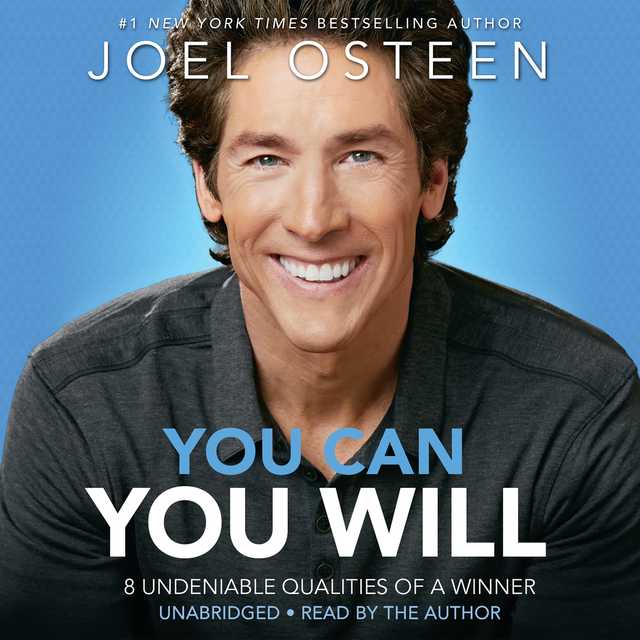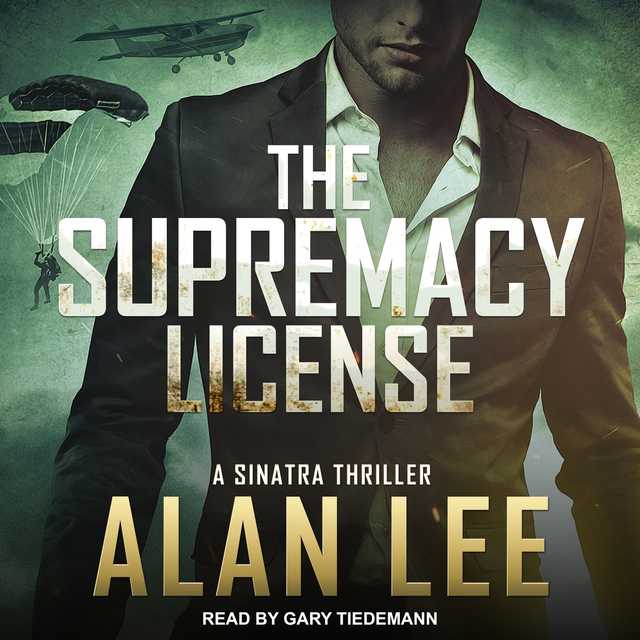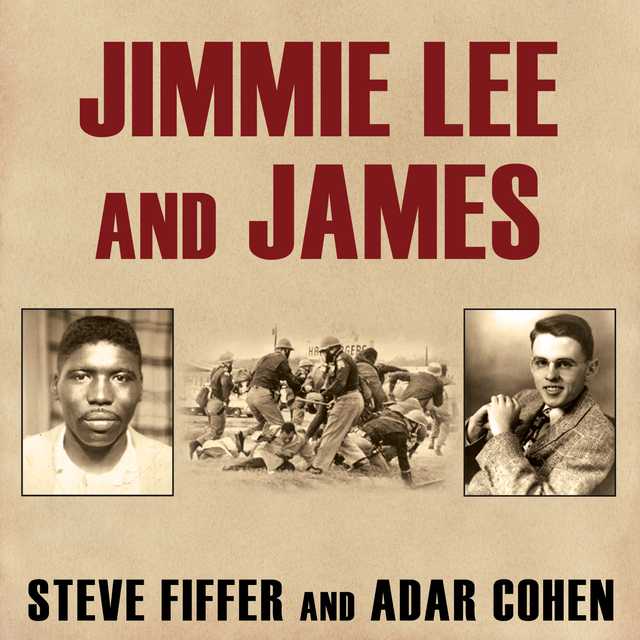Blue Angel Audiobook Summary
The National Book Award Finalist from acclaimed New York Times bestselling author Francine Prose–now the major motion picture Submission
“Screamingly funny … Blue Angel culminates in a sexual harassment hearing that rivals the Salem witch trials.” —USA Today
It’s been years since Swenson, a professor in a New England creative writing program, has published a novel. It’s been even longer since any of his students have shown promise. Enter Angela Argo, a pierced, tattooed student with a rare talent for writing. Angela is just the thing Swenson needs. And, better yet, she wants his help. But, as we all know, the road to hell is paved with good intentions.
Deliciously risque, Blue Angel is a withering take on today’s academic mores and a scathing tale that vividly shows what can happen when academic politics collides with political correctness.
Other Top Audiobooks
Blue Angel Audiobook Narrator
Zach Villa is the narrator of Blue Angel audiobook that was written by Francine Prose
Francine Prose is the author of twenty-one works of fiction including, the highly acclaimed Mister Monkey; the New York Times bestseller Lovers at the Chameleon Club, Paris 1932; A Changed Man, which won the Dayton Literary Peace Prize; and Blue Angel, which was a finalist for the National Book Award. Her works of nonfiction include the highly praised Anne Frank: The Book, The Life, The Afterlife, and the New York Times bestseller Reading Like a Writer, which has become a classic. The recipient of numerous grants and honors, including a Guggenheim and a Fulbright, a Director’s Fellow at the Center for Scholars and Writers at the New York Public Library, Prose is a former president of PEN American Center, and a member of the American Academy of Arts and Letters and the American Academy of Arts and Sciences. She is a Distinguished Writer in Residence at Bard College.
About the Author(s) of Blue Angel
Francine Prose is the author of Blue Angel
More From the Same
- Author : Francine Prose
- Peggy Guggenheim
- Caravaggio
- My New American Life
- What to Read and Why
- Reading Like a Writer
- Publisher : HarperAudio
- Abraham
- American Gods [TV Tie-In]
- Dead Ringer
- House of Sand and Fog
- Prey
Blue Angel Full Details
| Narrator | Zach Villa |
| Length | 11 hours 47 minutes |
| Author | Francine Prose |
| Category | |
| Publisher | HarperAudio |
| Release date | October 30, 2018 |
| ISBN | 9780062883483 |
Additional info
The publisher of the Blue Angel is HarperAudio. The imprint is HarperAudio. It is supplied by HarperAudio. The ISBN-13 is 9780062883483.
Global Availability
This book is only available in the United States.
Goodreads Reviews
Fabian
September 24, 2020
Tale as old as time: teacher and student's amorous liaison. But the notes on THIS scandal are particularly exquisite. The mind of the disgraced professor is put out fully naked on the table, so let the anatomy session begin! The innards are salacious, for its pretty hard to find empathy with the sap. Francine Prose, a more adequate name has never existed!
Betsy
June 03, 2018
Near the end of this story of a seductress and her feckless, hubristic seducee, there is a moment when the seducee—a teacher who has gone off the wire—gives up and doesn’t even try to defend himself, because the story has gotten so complex that saying anything simple seems impossible. It would feel like a lie. And he has lost the ability.That’s how I feel about this book. Anything simple would be a lie. The story is an intricate psychological dance between a student and a teacher, where neither is good or honorable, and yet for the judgers of this the story, shallow “right or wrong” becomes the issue. I’ve had moments in my life—completely different from this story—that share a similar ending of “walking through a crucible.” And for that reason, I found the ending spectacular.
Steve
February 01, 2014
I find the negative comments about this novel mystifying--it's a brilliant satire, and was deservedly nominated for a National Book Award (a prize rarely given to comic novels or satires). I suspect that the lack of suspense, the reader's foreknowledge that certain things will happen blunts their pleasure in Prose's wonderful writing and the insight she has into each of her characters, and the affectionate but acerbic picture of life in a small, somewhat pretentious and second rate college. But for me, the plot is the least important feature of the book. The title alone tells you that Prose is playing with a well-established trope, one explored many times, and that she has something in mind other than letting the reader find out "what happened"--the book is primarily a character study crossed with a satiric send up of political correctness as played out in a creative writing class. Anyone who has ever taught such a class will recognize the emotional land mines lurking in the seemingly innocent offerings of students who have great ambitions and dreams but do not necessarily have the talent (or the discipline to utilize the talent they do possess) to realize them. This is the first of her novels I've read. I now look forward to reading others.
Daniel
October 22, 2021
Blue Angel is not an original story: a male figure of authority violates the societal trust that has been placed in his hands and enters into a sexual relationship with a young female subordinate. However, Francine Prose elevates the story by making it about human desire. When we see something that we very much want, desire can guide our actions without any consideration about the future. Whether it’s an extra serving of desert, an expensive piece of jewelry, or an illusion of youth, rational thought can be completely absent, or bent into an accomplice, during our acts of indulgence.Francine Prose accomplishes her story by doing something that I relish in novels. She constantly probes the human mind of her main character so that by the end, you know who he is. She creates a character with the ability to decisively act in contradiction to his rational thoughts, or to act in the absence of rational thought altogether. In truth, Blue Angle reveals the person of Ted Swenson.The supporting characters, if not as well defined, are just as craftily written. They exist with the definition of the main character’s limited understanding of them. After all, if we were there, the most we could hope to understand of these people is what we could see from a distance. Prose uses the light of the main character to contrast the shadows surrounding the supporting characters.In Francine Prose, I may have found a writer of the likes of Greene, Maugham, and Leonard. These are the writers that know that the thoughts and actions of their characters are equally interesting things. They feed off one another, support one another, and oftentimes contradict one another. And these writers use this dance to create stories that reach far deeper into the human condition than stories of simple action alone. Definitely the best book I’ve read this year.
Shaindel
October 31, 2007
A lot of people have complained that this book is a cliche, but I think it's really playing on cliches--political correctness on college campuses, male creative writing teacher / female student. I really felt for the professor at parts of the novel. He really seems to care if his student is writing "creative" work or if she is a victim of incest asking for help. And at other times, I couldn't stand him. His justifications for "wanting" the student, etc. (But that means he's a well developed character.) I think his getting drawn in and falling for her versus how much she is manipulating him is a terrific tension throughout the novel. I hope that more people will give this book a chance.
Jill
January 18, 2015
I’m not surprised this book has polarized reviewers, but I am surprised by the sheer mass of people who describe Blue Angel as just a melodrama of an ‘average’ aging professor (who simply lacks the control required to deflect the advances of one punky student), and a thin satire of a higher academic institutions. Some folks have called the book “cliché.” I’d make an important distinction that the main character’s perspective on the events are in fact contrived – but what makes this book brilliant is the extent to which this character is and is not a reliable perspective. To avoid spoilers, I’ll only say that there’s something unhinged, if not sinister, underlying the account of this seemingly impotent professor. Something that's masterfully revealed, and something that renders the rest of the book (the characters’ takes on power, sex, emotional vapidity, etc.) much more complex than some people seem to give it credit for. The book's an easy but intelligent read. The humor isn’t meant to be side-splitting, but simply sharp. Worth the time.
Richard
March 21, 2015
I read this book because of a recommendation on Ricochet. I was not disappointed.I am a male university professor with predominantly female students, so this story had particular resonance for me, dealing as it does with the potential mine-fields that constitute the university classroom today. The title refers to the unforgettable Marlene Dietrich movie of the same name ("Falling in love again...can't help it"), and the movie plays a role in the novel. As I read, I found myself almost out-loud telling the protagonist "No, no, you idiot! Don't do that! My. God, where's your head?" It was similar to the feeling you get in Sophocles' tragedy as Oedipus relentlessly and inexorably wrings out the truth that brings his downfall. This novel has made me a Francine Prose fan. I shall read more.
Eve
February 20, 2008
I thought this was a very entertaining read. Many of the complaints in other reviews center on the main character not being likable and the book not being laugh-out-loud funny. For me, the humor was there in Prose's sharp observations and exaggerations when it came to her characters and academia in general... so, more of an appreciative "HA!" every so often as opposed to a side-splitting, rolling- around-on-the-floor fit of laughter. I especially liked her examples of bad student writing, a lot of fun. The ending left something to be desired for me, but overall a great read.
Mark
July 12, 2021
From the opening scene in Blue Angel, Ted Swenson is squirming from a self-imposed bit of foolishness. “The students stare at him, appalled. He can't believe he said that. His pathetic stab at humor sounded precisely like what it was: a question he dreamed up and rehearsed as he walked across North Quad, past the gothic graystone cloisters, the Founders Chapel, the lovely two-hundred-year-old maples just starting to drop the orange leaves that lie so thickly on the cover of the Euston College viewbook.”The question he posed to his class of writing students is whether there has been a recent spate of stories being produced about humans having sex with animals.But soon Swenson is challenged by a student—what other stories? And Swenson “suddenly can’t recall. Maybe it was some other years, another class completely. He’s been having too many moments like this: a door slams shut behind him and his mind disappears. Is this early Alzheimer’s? He’s only forty-seven. Only forty-seven. What happened in the heartbeat since he was his students’ age?”We’re in Vermont at a hip school where students are expected to call their professors by their first names. “But some kids can’t make themselves say Ted, the scholarship students like Carlos (who does an end run around it by calling him Coach), the Vermont farm kids like Jonelle, the black students like Carlis and Makeesha, the ones least likely to be charmed by his jokey threats. Euston hardly has any students like that, but this fall, for some reason, they’re all in Swenson’s class.”One student hasn’t said anything, five weeks into the school year. Until, finally, Angela Argo utters, “I think it sucks” about one student’s story. Angela, thinks Swenson, is a “special pain in the ass.” Angela has facial piercings and a ring on every finger. But the “special pain in the ass,” it turns out, also holds a certain allure. She can write! And Ted Swenson, who coasting on one novel published years ago and who is making barely perceptible progress on a new one, is taken. Angela is soon “occupying more than her share of territory in his mind.” Soon, Angela is sharing a draft of her first novel with Swenson and soon there are meetings in his office, and then a trip to the big city of Burlington to help Angela buy a computer, and before you know it, Swenson is keeping secrets from his wife, and we all kind of have a hunch where this is going, don’t we? The squirming Ted Swenson, who feels uncomfortable in nearly every scene in Blue Angel, is soon going to squirm even more. The question is whether he can find an escape, some relief—whether the gothic graystone institution will offer him mercy. This sentence includes a mild spoiler, but let’s just say that when you combine ‘gothic,’ ‘graystone’ and ‘cloisters’ in your description of an institution, it’s unlikely that the current college powers that be will relax their standards for behavior between faculty and students, even as they sharpen the guillotine. Blue Angel puts Ted Swenson in a torture chamber—self-inflicted torture as he parses every decision leading up to the awkward few minutes in Angela Argo’s dorm room and as he must attempt to discern the differences and distinctions between the reality of his actions versus the fictional accounts in Angela’s work-in-progress.To make matters more interesting—and therefore more torturous—a dark cloud hovers around the Ted-Angela connection because it could have been transactional—did Ted Swenson agree to bring Angela’s novel to his agent in New York in exchange for some favors? Unfortunately for Swenson, appearances are everything. This is only the surface of a novel with a raft of colorful characters—fellow faculty who admire Swenson, fellow faculty who despise him, college leadership, Swenson’s wife, Swenson’s college-age daughter Ruby, and all of Swenson’s wannabe writer students. Some of the scenes with the students are very, very funny. Prose’s dialogue is terrific. The title of Francine Prose’s novel is a direct reference to the Marlene Diedrich movie (1930) of the same name, in which a professor falls for a nightclub singer. The movie is amply referenced in the pages here. The interwoven fabric of Swenson’s family history, and how much he used to inform his one novel to date, and Angela Argo’s fiction, which may or may not be based on her version of her upbringing, is tightly wound, especially after Swenson publicly adopts the title of Angela’s work in progress as one of his own. Readers, just remember that the writer with the best story wins. In an article for The Paris Review, spurred by the film adaptation of the novel (“Submission,” starring Stanley Tucci), Francine Prose underscored what made the novel so interesting, whether we feel pity for Swenson as we see his desire run headlong into outright manipulation. Warning, mild spoilers in Prose’s comments:“Part of what still engages me about this story, and what makes it now seem riskier than ever, is that the female character—younger, more vulnerable—is the one who has the agency. She is the one who turns out to be in control, and who determines the way things proceed. This version of the familiar professor-student narrative is so rarely mentioned that it is likely to provoke a hostile reaction. But are we saying that these situations never exist? That woman are always the hapless innocents? Yes, Harvey Weinstein’s behavior was reprehensible. Yes, female students have been raped, pawed, bullied, and blackmailed into sex by their professors and mentors. But does that mean that we have a moral obligation to only create and consume art that follows those scripts?”No, Francine, we do not. Final note: The movie version is scene-by-scene faithful to the book, but it falls oddly flat. No movie could capture the deep interior space that Prose creates for the hapless Ted Swenson.
Grace
February 09, 2012
I loved this book! First of all it's like her "Reading Like a Writer" came to life on these pages. From the dinner party scene (she dedicates an entire chapter on how to write an effective dinner party scene in "Reading") to the books she mentions throughout, it was like being a part of some secret inner circle. I loved it. I think she's brilliant, if I'm allowed to make such a claim (I mean, I fully recognize it is a bit presumptuous of me to think I can spot brilliance, but still, Francine Prose is amazing).So the story is basically about a professor who falls in love with one of his students and the inevitable fallout that occurs because of it. I haven't yet read "On Beauty" by Zadie Smith, but supposedly it's a similar storyline. Anyway, I'm not going to go into details, you can read the book for those. But what I found most compelling were the emotions she so effectively expressed. I felt the hopeless inertia that twenty-some-odd years of marriage creates. I sympathized with his ennui of teaching uninspired, and uninspiring, students year in and year out. Prose does such a fantastic job at capturing the frustration, lust, and ultimate betrayal of falling in love; and that sad blindness that kept the main character drawn to his student even as she ruthlessly used and discarded him. It was heartbreaking. There were times, more than I can count, where I was just absolutely enthralled to the point of canceling more than just a few social outings all to finish this book.
C.
July 21, 2012
Swenson's a writer, but one who hasn't published in years. Now he's teaching creative writing at a small New England college and one of his students, Angela Argo, is writing an engaging and quite publishable novel. He's amazed by Miss Argo and her creative body piercing and tattooing, but he's also fascinated by her story and its oddly familiar threads. So who is Miss Argo? Is she the awkward insecure coed she portrays or a manipulative, ambitious would be author who would use anyone and anything to see her novel on the shelves? And who is Swenson, for that matter? Both are complicated because the author, has created characters whose true natures are as complex as anyone we know in real life. Blue Angel is a slow satirical journey into the world behind the ivied walls. As you travel its pages, you laugh at the hyprocrocy, you despair at Swenson's choices, and you have to read to the end to find out what happens--even though you have a foreboding.Intelligent. Witty. Incisive.
Frequently asked questions
Listening to audiobooks not only easy, it is also very convenient. You can listen to audiobooks on almost every device. From your laptop to your smart phone or even a smart speaker like Apple HomePod or even Alexa. Here’s how you can get started listening to audiobooks.
- 1. Download your favorite audiobook app such as Speechify.
- 2. Sign up for an account.
- 3. Browse the library for the best audiobooks and select the first one for free
- 4. Download the audiobook file to your device
- 5. Open the Speechify audiobook app and select the audiobook you want to listen to.
- 6. Adjust the playback speed and other settings to your preference.
- 7. Press play and enjoy!
While you can listen to the bestsellers on almost any device, and preferences may vary, generally smart phones are offer the most convenience factor. You could be working out, grocery shopping, or even watching your dog in the dog park on a Saturday morning.
However, most audiobook apps work across multiple devices so you can pick up that riveting new Stephen King book you started at the dog park, back on your laptop when you get back home.
Speechify is one of the best apps for audiobooks. The pricing structure is the most competitive in the market and the app is easy to use. It features the best sellers and award winning authors. Listen to your favorite books or discover new ones and listen to real voice actors read to you. Getting started is easy, the first book is free.
Research showcasing the brain health benefits of reading on a regular basis is wide-ranging and undeniable. However, research comparing the benefits of reading vs listening is much more sparse. According to professor of psychology and author Dr. Kristen Willeumier, though, there is good reason to believe that the reading experience provided by audiobooks offers many of the same brain benefits as reading a physical book.
Audiobooks are recordings of books that are read aloud by a professional voice actor. The recordings are typically available for purchase and download in digital formats such as MP3, WMA, or AAC. They can also be streamed from online services like Speechify, Audible, AppleBooks, or Spotify.
You simply download the app onto your smart phone, create your account, and in Speechify, you can choose your first book, from our vast library of best-sellers and classics, to read for free.
Audiobooks, like real books can add up over time. Here’s where you can listen to audiobooks for free. Speechify let’s you read your first best seller for free. Apart from that, we have a vast selection of free audiobooks that you can enjoy. Get the same rich experience no matter if the book was free or not.
It depends. Yes, there are free audiobooks and paid audiobooks. Speechify offers a blend of both!
It varies. The easiest way depends on a few things. The app and service you use, which device, and platform. Speechify is the easiest way to listen to audiobooks. Downloading the app is quick. It is not a large app and does not eat up space on your iPhone or Android device.
Listening to audiobooks on your smart phone, with Speechify, is the easiest way to listen to audiobooks.

